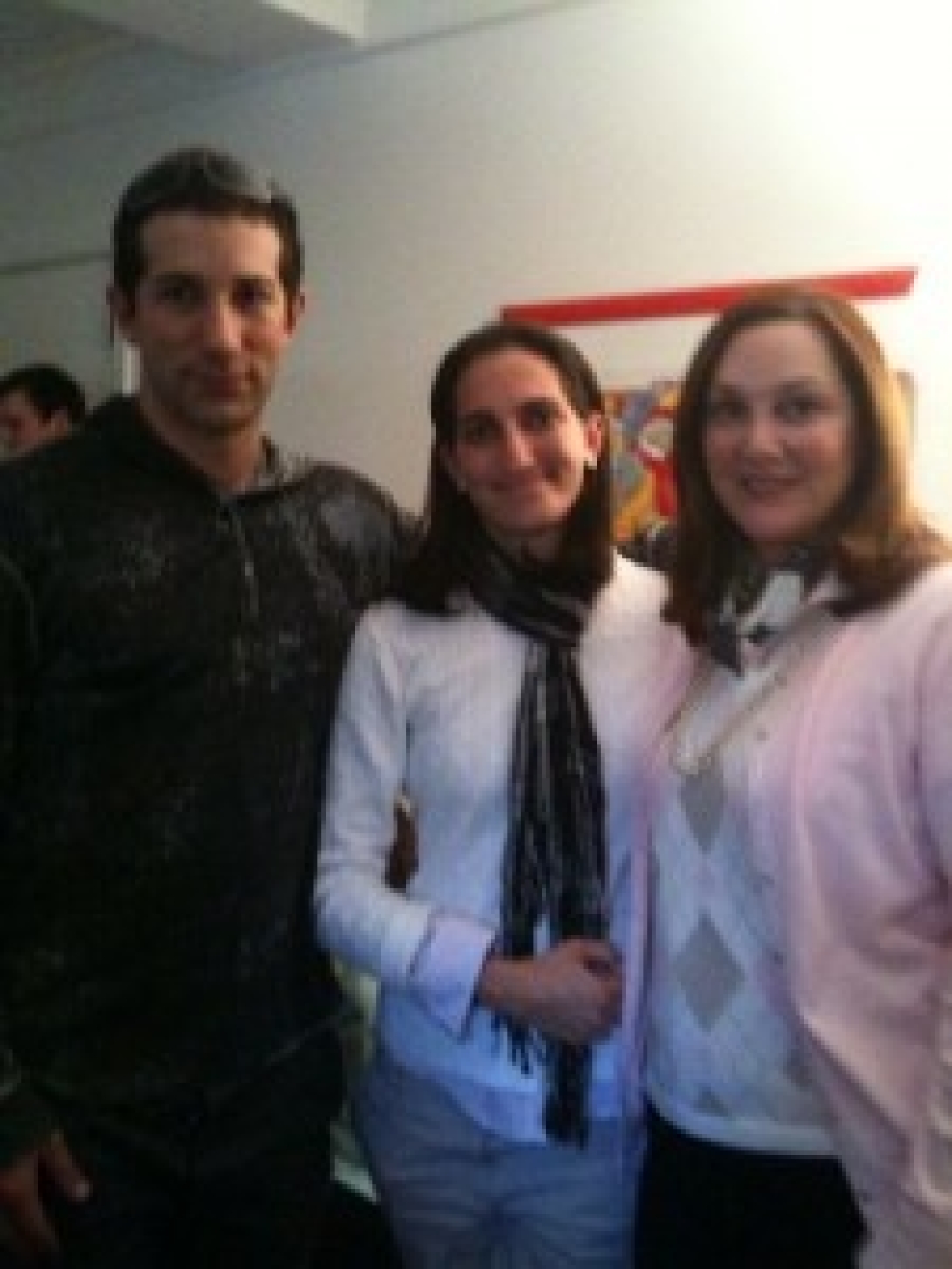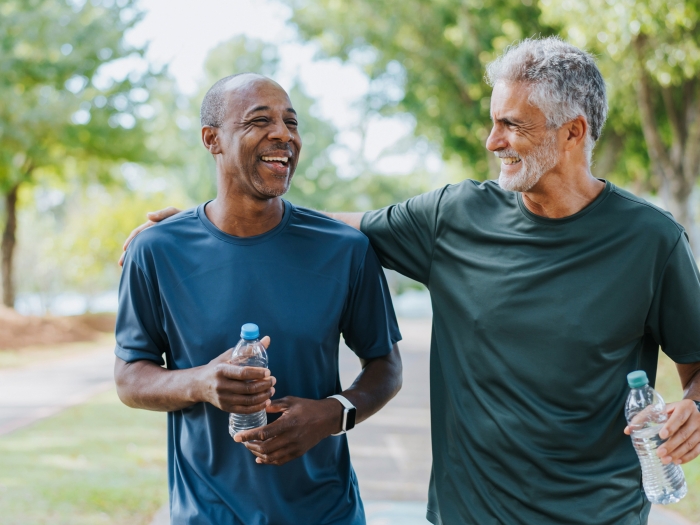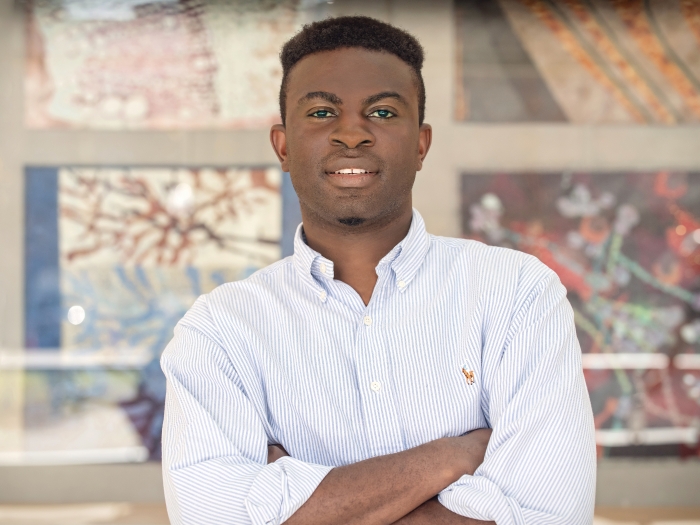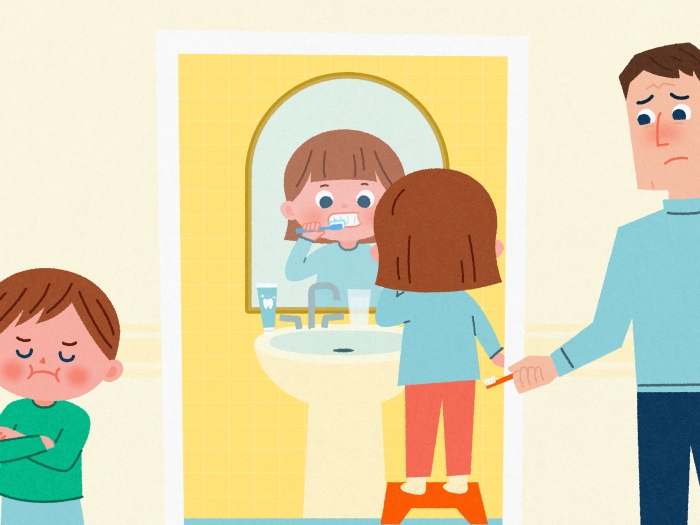It occurred to me recently when a classmate of mine who is doing a Cardiology rotation in Alaska sent me a not-so-subtle e-mail about the less-than-modest amount of time that has passed since my last update-that perhaps it was in fact time for an update. And since there is much to be updated, here we go!

First and foremost, I am pretty thrilled to announce that I have made a career decision! Granted, I was pretty certain coming in to medical school and even after finishing M3 year that my decision was set-I had planned on becoming a General Surgeon. And so it was to be, or so I thought, until the day I stepped into an Orthopaedic Surgery operating room.
I have heard many of my colleagues as well as current physicians describe their path to making a decision. Some have said they had that "Aha!" moment in their very first days of rotating on the specialty that they decide upon, whereas others talk about the long thought process-often one of elimination-involved in leading to their eventual selection. For me, choosing to become an Orthopaedic Surgeon was actually a bit of a circuitous route. As my friends and family later reminded me, this was the very type of doctor I had aspired to become from the time I even knew I wanted to be a doctor. I was reminded by more than one person that I had always pointed to the physicians on the sideline of my collegiate field hockey games and commented that I thought they had, and I quote, "The best job in the world." Not to mention that for me, besides my father, the original idea in my head of what a great doctor is and can do was based on the two surgeons who performed my knee surgeries (one on each!) in high school. I did steer away from Ortho for awhile during my first few years of medical school-I had heard that it was one of the most competitive specialties in medicine in terms of applying for residency (which can certainly be a daunting thought), that there was very little medicine involved in patient care, and that I would have to have biceps of steel and bench press twice my weight in order to survive and be able to do what I needed to do.
All these concerns virtually disappeared from the very first day I saw my first orthopaedic procedure. I do not know for sure if there is such a thing as fate, but I will say that it was quite a coincidence that the very first case I saw happened to be an operation performed on one of my idols in athletics. I had just come off of 2 months of General Surgery, and while I had found all of the cases interesting and realized during that time that my heart was set on becoming a surgeon, I can't quite describe the feeling that I had as I watched these orthopods (another term for orthopaedic surgeons, which is a rather long couple of words) reconstruct a shattered bone from what seemed like dozens of tiny fragments with plates and screws, or reconstructed knee ligaments from tendons taken from the opposite hamstrings. For the first time in all of my clinical experiences, I actually really looked forward to clinic, because I found that people had such interesting stories in describing how they fell or got injured and the impact that it had upon their lives. (It also didn't hurt that Sports Medicine clinic at the University of Michigan is located at MedSport, a facility that has a gigantic athletic facility and rehabilitation center connected to the clinic itself. It reminded me of being right back in college in the training room, only this time I was on the other side of the injury. I loved every minute of it!) Whereas different types of diseases are often ascribed to distinct categories of patients, anyone of any age, gender, race, or socioeconomic background can get hurt or develop a problem somewhere in their limbs or back that is bad enough to prevent them from doing what they want to do. While many patients are older and very sick, often these are otherwise healthy people who are out living their lives and then, in the blink of an eye, get injured. It is incredibly gratifying to be involved in a case in which something is broken, or torn, or causing a patient great and often debilitating pain, and your team is able to fix it with their hands. And, not to mention, an array of incredibly cool gadgets such as power drills, large saws, mallets, and nails that are, for lack of a better word, just really fun to use.
During my two months of Orthopaedics rotations, I have gotten to rotate through Sports (mostly knee and shoulder injuries, and surprisingly not actually all related to sports-this clinic sees its fair share of men and women with knee and shoulder injuries who may well not have been engaged in an athletic endeavor since middle school recess!), Trauma, Pediatrics, and even a little bit of a field called Orthopaedic Oncology, consisting of tumors that either arise in or have spread to any region of the musculoskeletal system. Certainly, not every day is like that first day of my Ortho rotation when I was in the operating room and realized that I had found what I wanted to spend my life doing. It is very, very hard work-any of the residents and attendings will certainly attest to this. Being a surgical discipline and thus involving long hours in the operating room, it is less than friendly on the back-and any field hockey player can tell you that years of playing a sport focused on a tiny ball that travels along the ground does not exactly have a therapeutic effect on the lower back. But I have to say, I can't remember when I was happier doing anything than spending my day in the OR for these cases or even seeing patients in clinic after their operations. As I shared with someone a few weeks ago at the end of a long day involving operations on everything from the back to the wrist to the elbow to the ankle, I can really see myself still being excited to do these cases every day for the rest of my life.
This was one of the most memorable thoughts that Dean Woolliscroft, our dean here at the University of Michigan Medical School, had left us with during a lecture several months ago as we prepared to make our career decisions- years from now, are these the things that will still be exciting to you and get you out of bed in the morning (or, as the case may be, in the middle of the night)? He, along with Dean Petty, encouraged us to really be honest with ourselves. I guess I had never really paused to think about what that meant until the past few months. It all kind of hit me a few months ago on my Ortho rotation during a late-night fracture repair, when I saw one of the surgical techs whom I had worked with quite a bit on my General Surgery rotation. "Lauren, is that you? I didn't even recognize you! You just seem so happy!" I realized that she was right-I was really happy, and I felt like myself again. I loved being around these residents, attendings, and patients. And once I made my decision and announced it to my friends, family, and loved ones, I have to say that it was pretty gratifying to hear all of them say, "Yeah-we sort of always knew that this is what you were born to do. We just wanted to give you the chance to figure it out on your own!" (There may, however, be one exception to this-I think my father always held out a covert hope that I would join him as a plastic surgeon, but he has taken the news very well!)
I am off to get back to work on my residency applications and Emergency Room shifts-I will see you, I promise, in less than (insert however many months it has been since I last wrote-hopefully in the single digits)!

Department of Communication at Michigan Medicine
Want top health & research news weekly? Sign up for Health Lab’s newsletters today!




